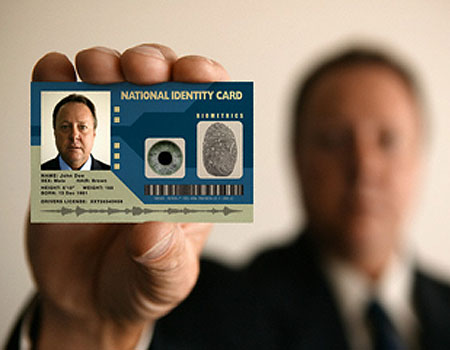HIMSS shows its lobbying cards in Washington this week


(It's OK, I didn't get you a card either.)
The purpose of the event, offered by HIMSS, appears two-fold. It wants to celebrate the industry's accomplishments (and the HIMSS lobby's leadership of them) and press NCHIT David Blumenthal on policy to make it even more industry friendly.
It's all in the group's "three asks for 2010," discussed at a "summit" meeting being held in a Washington hotel today and tomorrow.
- Get Congressional cover for a national identifier, what the far right might call a "mark of the beast," so patient records can be organized coherently. This actually makes sense even if it doesn't make tea.
- Permanently exempt doctors from rules on self-referrals and kickbacks when it comes to health IT. The present exemptions expire in 2013, and HIMSS wants them made permanent.
- Water down the meaningful use rules, but don't delay that sweet, sweet stimulus cash. Hospitals and clinics can't meet the current timelines, the industry says, so cut the requirements.
(The picture is from a Christian news site that is very much opposed to national ID cards. Read their arguments here.)
None of this is a surprise. Both buyers and sellers of health IT have been saying for months that the present guidelines can't be met. The pressure has come from surveys showing even the best hospitals will have trouble, to suggestions by reform advocates like David Kibbe that clinics be given partial credit for meeting some rules.
The most controversial suggestion is the request for a national identifier. I joke that it's a "mark of the beast," but the opposition among many conservatives to such an identifier is fierce. It might be educational to read some of that opposition in the comments.
The exemption request sounds like it should be controversial, but it's really not. Exemptions have been given routinely in the past, and the last one, given in 2006, came well before the current industry growth explosion. The idea is that cops shouldn't be micro-managing the industry's deal-making. You OK with that?